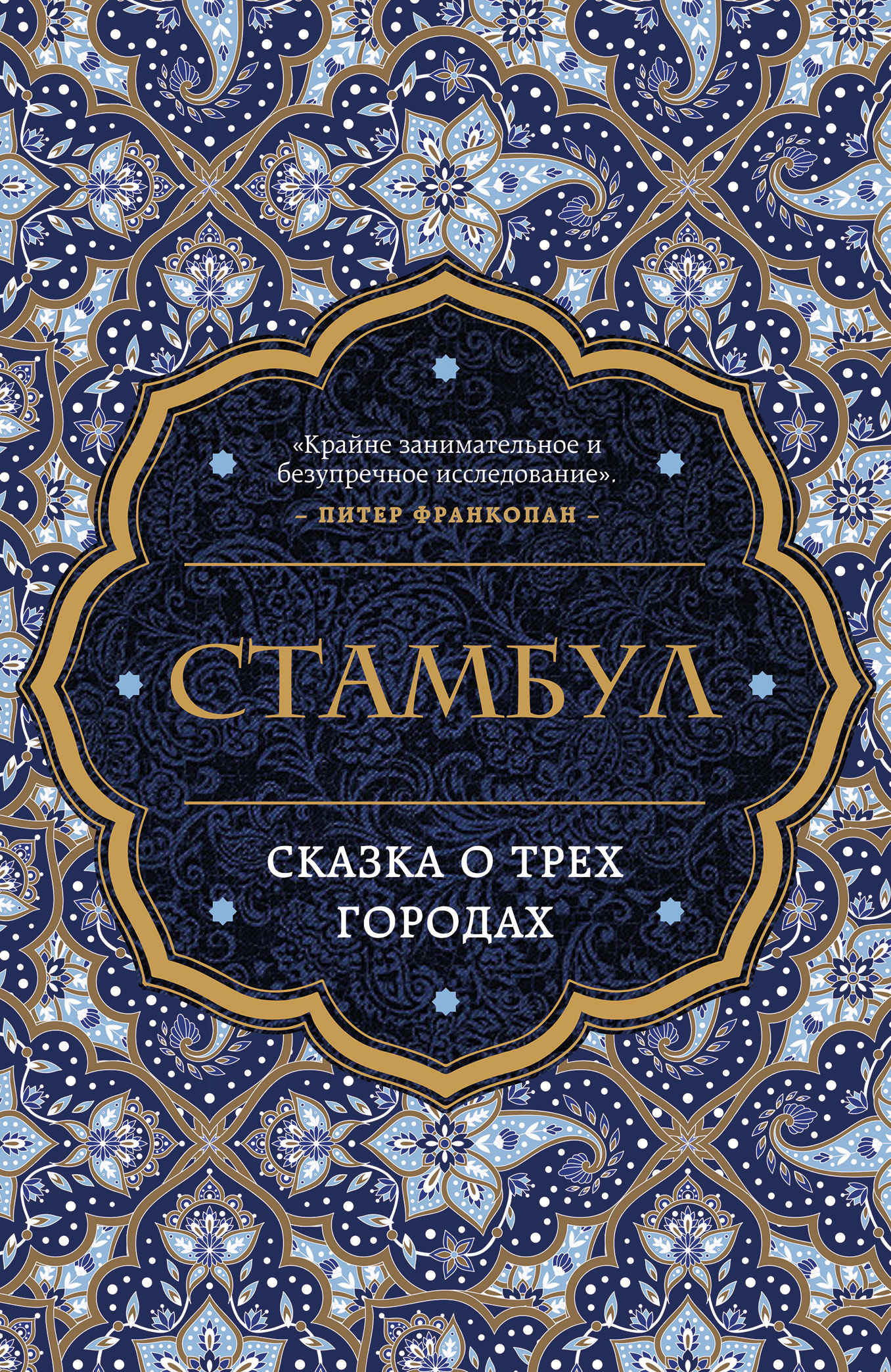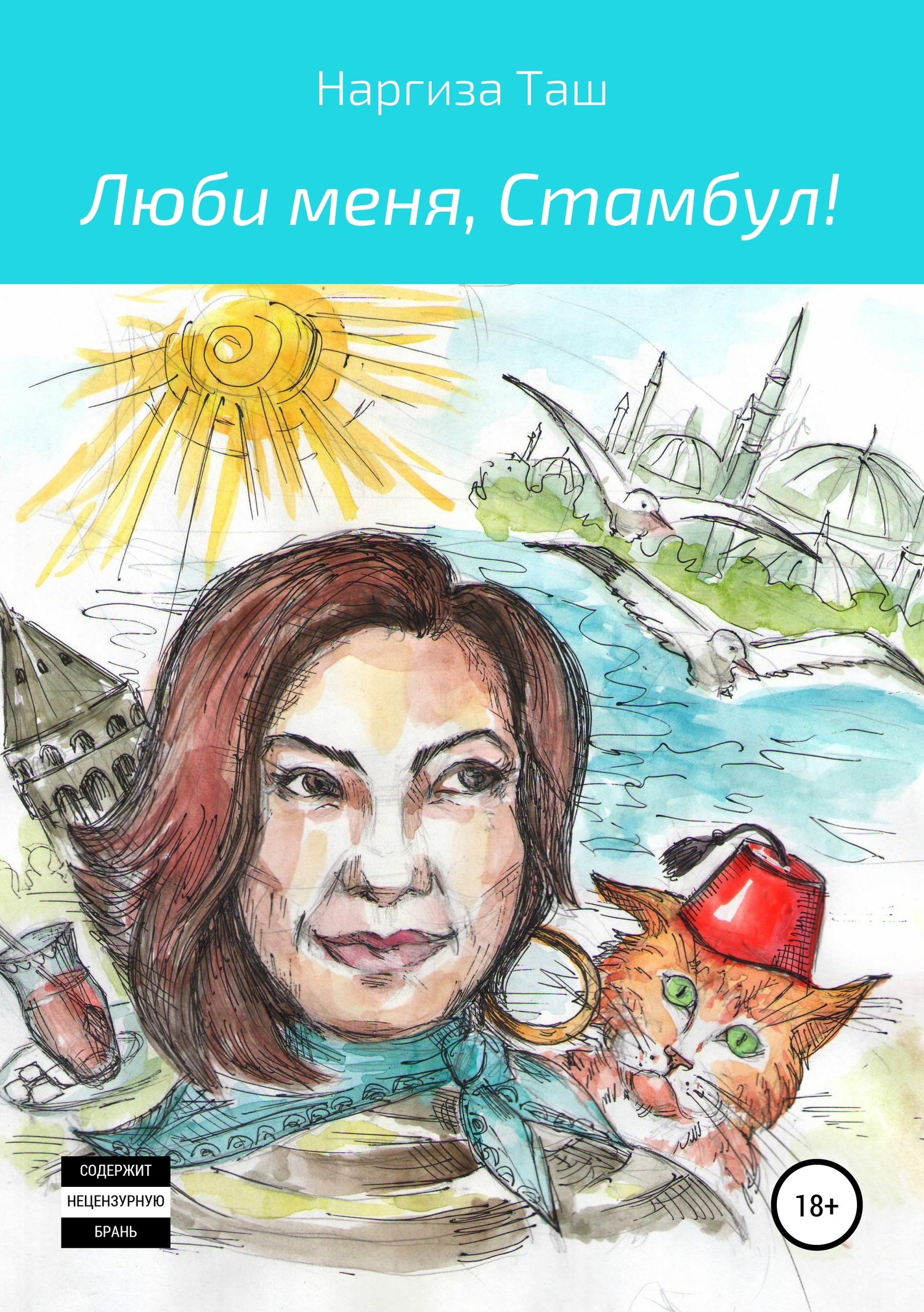Routledge.
Bon, O., and Goodwin, G. (eds) (1996) The Sultan’s Seraglio: An Intimate Portrait of Life at the Ottoman Court, trans. R. Withers. London: Saqi Books.
Bonner, G., Rollason, D. and Stancliffe, C. (eds) (1989) St Cuthbert, his Cult and Community. Woodbridge: Boydell & Brewer.
Bono, P., Crow, J. and Bayliss, R. (2001) ‘The Water Supply of Constantinople: Archaeology and Hydrogeology of an Early Medieval City’, Environmental Geology 40.11: 1325–1333.
Bony, G., Marriner, N., Morhange, C., Kaniewski, D. and Perinçek, D. (2011) ‘A High-Energy Deposit in the Byzantine Harbour of Yenikapi, Istanbul (Turkey)’, Quaternary International 30: 1–14.
Borsook, E. (2000) ‘Rhetoric or Reality: Mosaics as Expressions of a Metaphysical Idea’, Mitteilungen des Kunsthistorischen Institutes in Florenz 44.1: 2–18.
Bosworth, C. E. (1996) ‘Arab Attacks on Rhodes in the Pre-Ottoman Period’, Journal of the Royal Asiatic Society, 6.2: 157–164.
Bouras, C. (2002) ‘Aspects of the Byzantine City, Eighth – Fifteenth Centuries’, in A. E. Laiou (ed.) The Economic History of Byzantium: From the Seventh through the Fifteenth Century. Washington, DC: Dumbarton Oaks Research Library and Collection.
Bowersock, G. W. (1978) Julian the Apostate. Cambridge, MA: Harvard University Press.
Bowersock, G. W. (2012) Empires in Collision in Late Antiquity. Waltham, MA: Brandeis University Press.
Bowes, K. (2008), Private Worship, Public Values, and Religious Change in Late Antiquity. Cambridge: Cambridge University Press.
Bowman, A., Garnsey, P. and Cameron, A. (eds) (2005) The Cambridge Ancient History, vol. 12: The Crisis of Empire, AD 193–337. Cambridge: Cambridge University Press.
Boyar, E. and Fleet, K. (2010) A Social History of Ottoman Istanbul. Cambridge: Cambridge University Press.
Boyar. E. and Fleet. K. (2016) Ottoman Women in Public Space, Leiden and Boston: Brill.
Bradbury, S. (1994) ‘Constantine and the Problem of Anti-Pagan Legislation in the Fourth Century’, Classical Philology 89:2. 120–39.
Bradford, E. (1969, 2009) The Sultan’s Admiral: Barbarossa – Pirate and Empire-Builder. London and New York: I. B. Tauris (2009); first published by Hodder & Stoughton (1969).
Brand, C. M. (ed.) (1969) Icon and Minaret: Sources of Byzantine and Islamic Civilization. Englewood Cliffs, NJ: Prentice-Hall.
Brandmüller, W. (2009) Light and Shadows: Church History amid Faith, Fact and Legend. San Francisco: Ignatius Press.
Bregman, J. A. (1993) ‘Synesius of Cyrene’, in A. Cameron (ed.) Barbarians and Politics at the Court of Arcadius. Berkeley and Los Angeles: University of California Press. 1360.
Brewer, D. (2011) The Greek War of Independence: The Struggle for Freedom and from Ottoman Oppression. New York: The Overlook Press.
Bridge, A. (1978) Theodora: Portrait in a Byzantine Landscape. London: Cassell.
Brookes, D. S. (trans. & ed.) (2008) The Concubine, the Princess, and the Teacher: Voices from the Ottoman Harem. Austin, TX: University of Texas Press.
Brooks, E. W. (1899) ‘The Campaign of 716–718 from Arabic Sources’, Journal of Hellenic Studies 19: 19–31.
Brotton, J. (2002) The Renaissance Bazaar: From the Silk Road to Michelangelo. Oxford: Oxford University Press.
Brotton, J. (2016) This Orient Isle: Elizabethan England and the Islamic World. London: Allen Lane.
Brown, V. (1909) Haremlik. Boston; New York: Houghton & Mifflin Co.
Browning, R. (1962) ‘The Patriarchal School at Constantinople in the Twelfth Century’, Byzantion 32: 186–193.
Brubaker, L. (2010) ‘Icons and Iconography’, in L. James (ed.) A Companion to Byzantium. Oxford: Blackwell, 326.
Brubaker, L. and Haldon, J. (2011) Byzantium in the Iconoclast Era, c. 680–850: A History. Cambridge: Cambridge University Press.
Brumback, R. H. (2007) History of the Church through the Ages: From the Apostolic Age, through the Apostasies, the Dark Ages, the Reformation and the Restoration. Oregon: Wipf and Stock.
Brummett, P. (2015) Mapping the Ottoman’s Sovereignty, Territory, and Identity in the Early Modern Mediterranean. Cambridge: Cambridge University Press.
Bruns, G. (1935) Der Obelisk und seine Basis auf dem Hippodrom zu Konstantinopel. Istanbul: Archäologische Institut des deutschen Reiches, Abteilung Istanbul.
Buenger Robbert, L. (1995) ‘Rialto Businessmen and Constantinople, 1204–1261’, in Dumbarton Oaks Papers 49: 43–58.
Bulliet, R. W. (2009) Cotton, Climate, and Camels In Early Islamic Iran: A Moment in World History. New York: Columbia University Press.
Bullough, O. (2010). Let Our Fame Be Great: Journeys among the defiant people of the Caucasus. London: Penguin.
Burckhardt, J. L. (1972) Arabic Proverbs. London: Curzon Press.
Burgess, R. W. (1999) ‘Aχuρώv or Πpoάστeιov? The Location and Circumstances of Constantine’s Death’, Journal of Theological Studies 50: 151–161.
Burns, R. (2005) Damascus: A History. London: Routledge.
Byron (1837) The Complete Works of Lord Byron, A. and W. Galignani and Company.
Cameron, A. (1970) Agathias. Oxford: Oxford University Press.
Cameron, A. (2000) ‘Vandal and Byzantine Africa’, in A. Cameron, B. Ward-Perkins and M. Whitby (eds) The Cambridge Ancient History, vol. 14: Late Antiquity: Empire and Successors. Cambridge: Cambridge University Press, 552–569.
Cameron, A. (2006), The Byzantines. Oxford: Blackwell.
Cameron, A. (ed.) (2013) Late Antiquity on the Eve of Islam. The Formation of the Classical Islamic World 1. Farnham: Ashgate.
Campbell, B. (2011) The Romans and their World: A Short Introduction. London and New Haven: Yale University Press.
Canav-Özgümüş, Ü. (2012) ‘Recent Glass Finds in Istanbul’, in D. Ignatiadu and A. Antonaras (eds) Annales du 18e Congrès de l’Association Internationale pour l’Histoire du Verre. Thessaloniki: Ziti, 326–332.
Cardini, F. (2001) The Chapel of the Magi in Palazzo Medici. Florence: Mandragora.
Carnarvon, F. (8th Countess of Carnarvon) (2011) Lady Almina and





